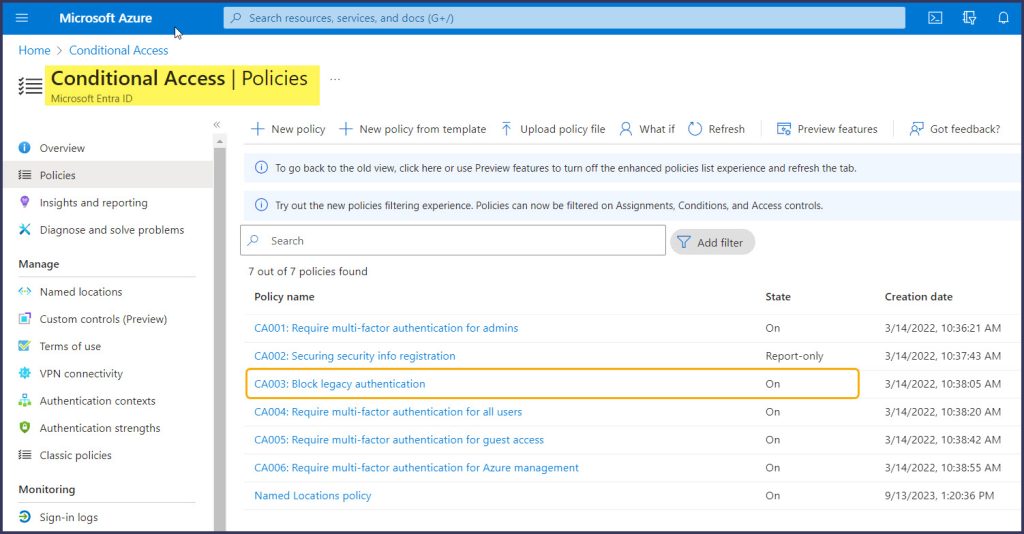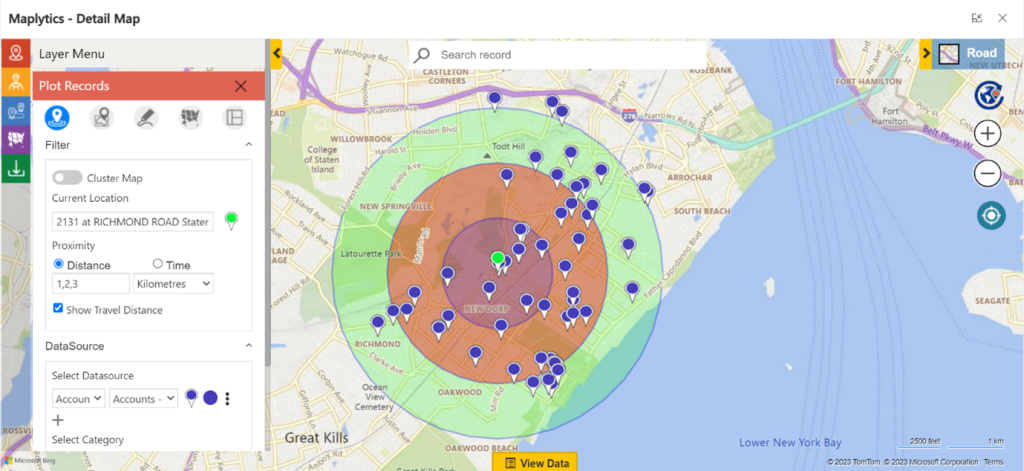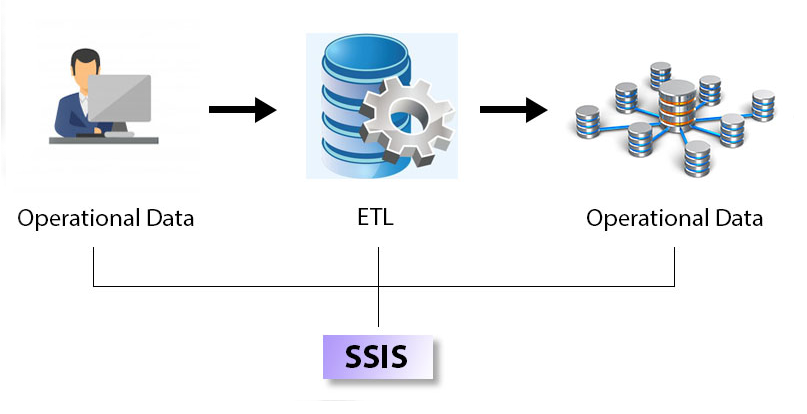Multi-Factor Authentication is Great!
As a small business owner, you have a lot on your plate. You’re juggling multiple responsibilities, from managing employees to keeping your customers happy. One of the most important things you can do to protect your business is to secure your data. Multi-factor authentication (MFA) is a great way to do that.
MFA adds an extra layer of security to your account by requiring users to provide two or more forms of identification before accessing their accounts. This makes it more difficult for hackers to gain unauthorized access to your account. By enforcing MFA for all users, you have taken a significant step towards securing your business against ransomware attacks.
However, it’s important to be aware that legacy authentication methods still pose a risk. Legacy authentication methods are vulnerable to account breaches and expose security weaknesses that allow hackers backdoor access to organization data. Unlike modern authentication, legacy authentication neither understands nor supports multi-factor authentication (MFA). Using legacy authentication exposes your business to various security risks, including unauthorized access to sensitive data, increased vulnerability to phishing and social engineering attacks, and inability to enforce strong authentication policies.
But Enabling MFA Alone Won't Suffice
To mitigate these risks, it is recommended that you block legacy authentication methods. Microsoft provides tools such as Azure Active Directory Conditional Access that can be used to block legacy authentication for all workloads within your tenant. While rolling out legacy authentication blocking protection, it is recommended that you take a phased approach, rather than disabling it for all users all at once.
In summary, enforcing MFA for all users is a great way to secure your business against ransomware attacks. However, it’s important to be aware that certain protocols don’t understand or support MFA. To mitigate these risks, it is recommended that you block legacy authentication methods.
Feel free to contact SyncraTec for a free small business security assessment.











No comment yet, add your voice below!